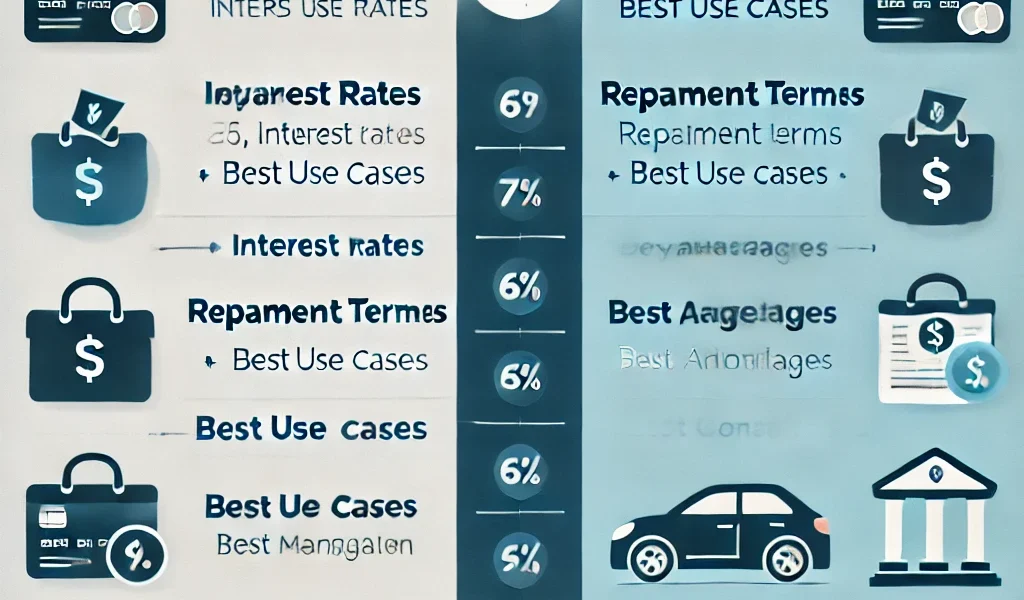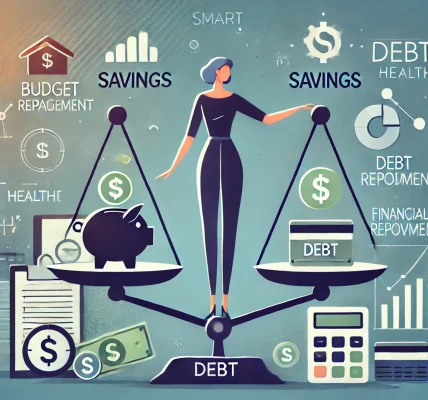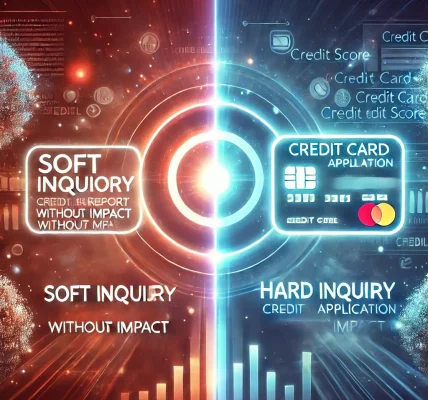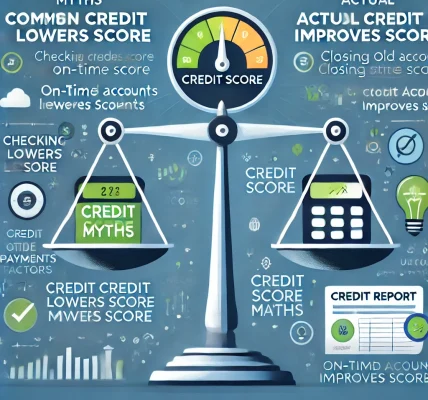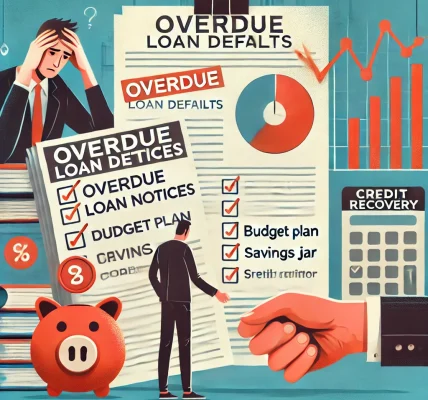When facing financial challenges or planning significant expenses, two common borrowing options come to mind: personal loans and credit cards. Both have their pros and cons, but choosing the right one depends on your financial situation, repayment ability, and long-term goals. This guide explores the key differences between personal loans and credit card debt, helping you make an informed decision while staying financially responsible.
Understanding Personal Loans and Credit Cards
Before comparing personal loans and credit card debt, let’s define both:
- Personal Loan: A lump-sum loan borrowed from a bank, credit union, or online lender, with a fixed interest rate and repayment term (e.g., 12-60 months).
- Credit Card: A revolving line of credit that allows you to borrow money up to a limit, with variable interest rates and minimum monthly payments.
Now, let’s analyze their advantages, drawbacks, and ideal use cases.
Key Differences Between Personal Loans and Credit Cards
| Feature | Personal Loan | Credit Card |
|---|---|---|
| Type | Installment Loan | Revolving Credit |
| Interest Rates | Fixed (Lower) | Variable (Higher) |
| Repayment | Fixed Monthly Payments | Minimum Payments, Revolving Balance |
| Loan Amount | Higher (Usually $1,000 – $100,000) | Lower Limit (Based on Credit Score) |
| Best For | Large Purchases, Debt Consolidation | Everyday Expenses, Short-Term Borrowing |
Pros and Cons of Personal Loans
✅ Advantages:
- Lower Interest Rates: Typically lower than credit cards, making them cost-effective for large expenses.
- Fixed Repayment Schedule: Predictable monthly payments help in budgeting.
- Higher Borrowing Limits: Allows financing major purchases or consolidating debt.
- Improves Credit Score: Consistent payments can positively impact your credit.
❌ Disadvantages:
- Approval Process Takes Time: Requires income verification and credit checks.
- May Have Fees: Some lenders charge origination or prepayment fees.
- Less Flexibility: Fixed monthly payments may strain cash flow.
Pros and Cons of Credit Card Debt
✅ Advantages:
- Convenient and Flexible: Ideal for everyday expenses and emergencies.
- Rewards and Perks: Cashback, travel rewards, and purchase protection.
- Builds Credit History: Timely payments improve your credit score.
- 0% Introductory APR Offers: Some cards offer interest-free periods for balance transfers and purchases.
❌ Disadvantages:
- High Interest Rates: Can exceed 20% if balances are not paid in full.
- Temptation to Overspend: Easy access to credit can lead to debt accumulation.
- Minimum Payments Prolong Debt: Paying only the minimum keeps you in debt longer.
When to Choose a Personal Loan
A personal loan is a better option if:
- You need to finance a large purchase (e.g., home renovation, medical bills, car repairs).
- You want to consolidate high-interest credit card debt into a single, lower-interest payment.
- You prefer structured repayment plans over revolving credit.
Example: If you have $10,000 in credit card debt with a 20% interest rate, consolidating it into a personal loan with a 10% rate can save you significant interest over time.
When to Use a Credit Card
A credit card is a better choice if:
- You need to cover small, short-term expenses that you can repay quickly.
- You want to take advantage of rewards, cashback, or travel perks.
- You qualify for a 0% APR introductory offer and can pay off the balance before interest kicks in.
Example: If you need to book a last-minute flight and can pay it off within a billing cycle, using a credit card makes sense over taking a loan.
Which One is Better for Debt Consolidation?
Debt consolidation is a strategy to manage multiple debts efficiently. Here’s how both options compare:
- Personal Loan: Offers a structured repayment plan with a lower interest rate, making it ideal for consolidating multiple credit card balances.
- Credit Card (Balance Transfer): If you qualify for a 0% APR balance transfer, it can help eliminate debt without paying interest for a limited time.
Verdict: If you can repay within the 0% APR window, a balance transfer card is ideal. Otherwise, a personal loan is the safer option.
Final Thoughts: Making the Right Choice
Choosing between a personal loan and credit card depends on your financial goals and repayment ability. Ask yourself:
✅ Do I need a lump sum or ongoing access to credit? If you need structured payments, go for a personal loan. If flexibility is key, opt for a credit card. ✅ Can I pay off my balance quickly? If yes, a 0% APR credit card is a smart move. ✅ Do I have high-interest credit card debt? A personal loan can help consolidate and lower interest costs. ✅ Do I value rewards and perks? A credit card offers added benefits beyond just borrowing.
